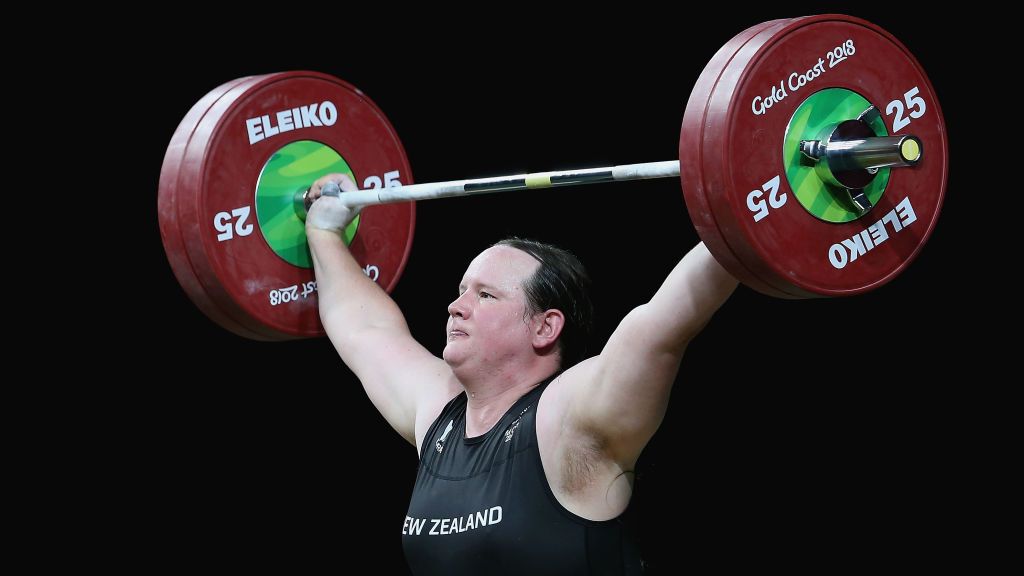NEW ZEALAND weightlifter Laurel Hubbard is set to become the first transgender athlete to compete at the Olympic games.
The 43-year-old South Islander is set to compete at the Tokyo games in the women’s super-heavyweight category.
Hubbard is one of four weightlifters selected by the New Zealand Olympic Committee NZOC for the upcoming Games in Japan.
She previously competed as a male weightlifter before transitioning in 2012.
Hubbard returned to the sport in 2017 and, despite suffering a serious arm break at the subsequent Commonwealth Games, went on to claim gold in the Roma 2020 World Cup.
Reacting to the news of her inclusion in the Olympic team, Hubbard said she was "grateful and humbled by the kindness and support that has been given to me by so many New Zealanders".
"When I broke my arm at the Commonwealth Games three years ago, I was advised that my sporting career had likely reached its end. But your support, your encouragement, and your aroha carried me through the darkness.
"The last eighteen months has shown us all that there is strength in kinship, in community, and in working together towards a common purpose. The mana of the silver fern comes from all of you and I will wear it with pride."
Hubbard has been eligible to compete at Olympics since 2015.
Under International Olympic Committee (IOC) guidelines transgender athletes can compete as women provided their testosterone levels are below 10 nanomoles per litre for at least 12 months before the competition begins.
 Getty
GettyHubbard’s inclusion has drawn criticism from Save Women’s Sport Australasia, an advocacy group for women athletes.
"It is flawed policy from the IOC that has allowed the selection of a 43-year-old biological male who identifies as a woman to compete in the female category," they said in a statement reacting to the news.
Scientists have argued the rules fail to address the biological advantages, like bone and muscle density, gained by those who go through puberty as males experience.
The counter to this argument is that the process of transitioning from male to female decreases this advantage and physical differences are a factor in any athletic competition.
NZOC chief executive Kereyn Smith has insisted Hubbard will be welcomed into the New Zealand team.
"As well as being among the world's best for her event, Laurel has met the IWF eligibility criteria including those based on IOC Consensus Statement guidelines for transgender athletes," Smith said.
"We acknowledge that gender identity in sport is a highly sensitive and complex issue requiring a balance between human rights and fairness on the field of play."
The New Zealand government has also offered its support to Hubbard's inclusion.
Grant Robertson, the Minister for Sport and Recreation, said: "Laurel is a member of New Zealand’s Olympic team. We are proud of her as we are of all our athletes and will be supporting her all the way.”

